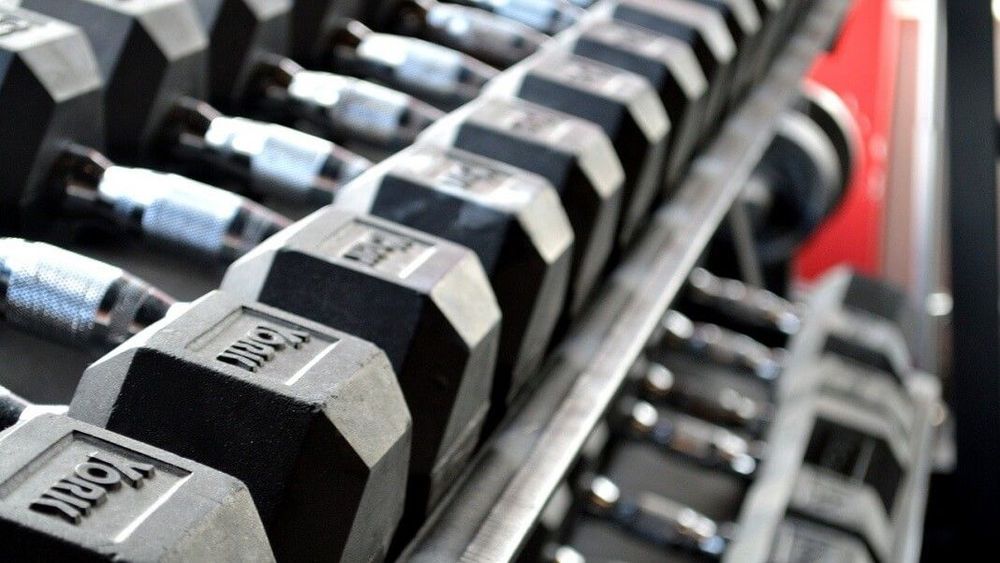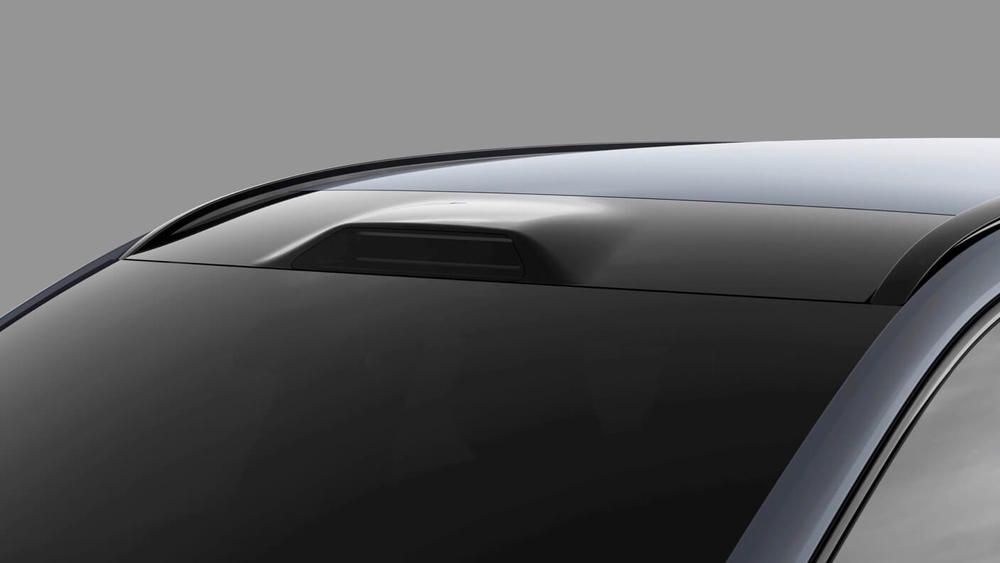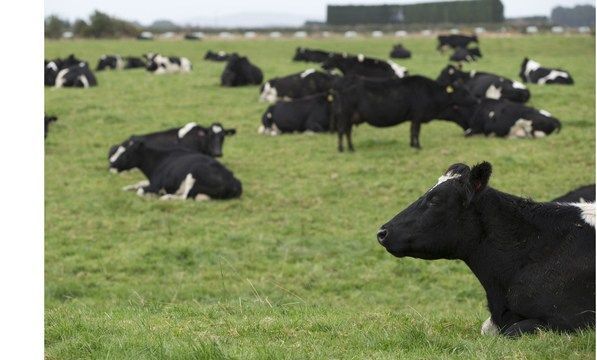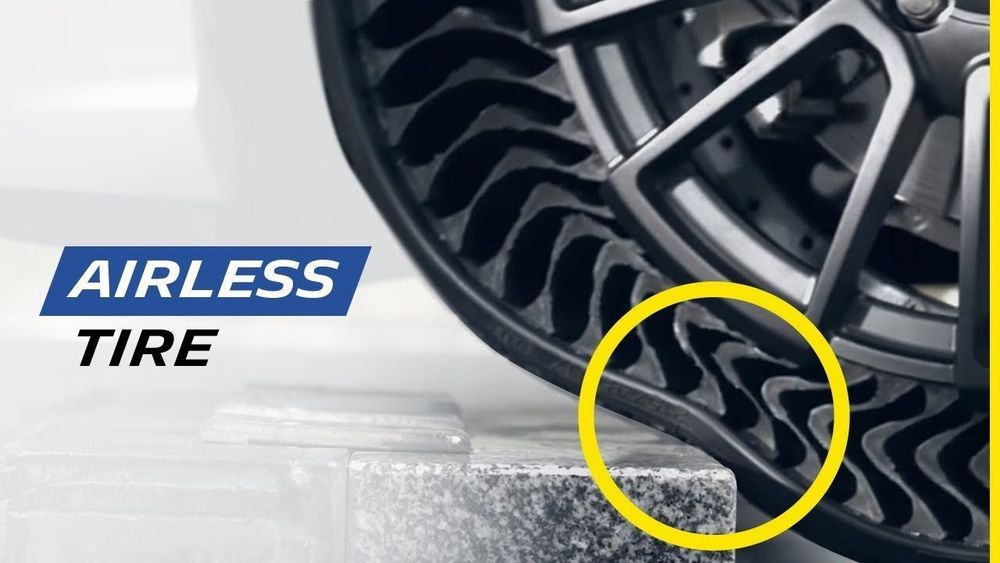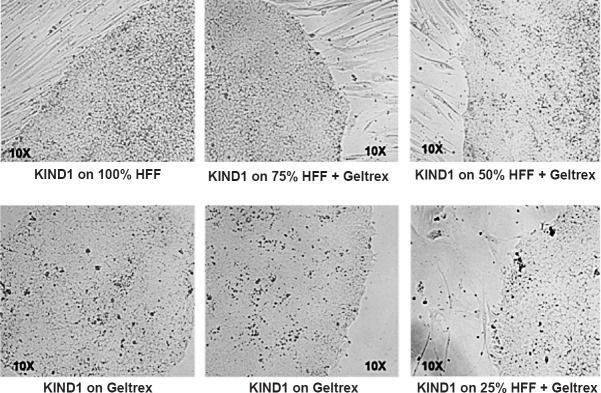May 20, 2020
Man accused of shooting Waffle House cook after face mask dispute in Aurora
Posted by Brent Ellman in category: futurism
AURORA, Colo. (KDVR) — A man has been charged with attempted murder for allegedly shooting a Waffle House employee in Aurora one night after being asked to wear a face covering inside the restaurant.
Kelvin Watson, 27, was arrested Monday morning by the Aurora Police Department on a charge of attempted first-degree murder.
Employees at the Waffle House at 12880 E. Mississippi Ave. told police that Watson came to the restaurant shortly after midnight on May 14 and was not wearing a mask, according to an arrest affidavit. A waitress told Watson he needed to have a mask on or he could not be served, the court document says. The restaurant was offering carry-out orders.

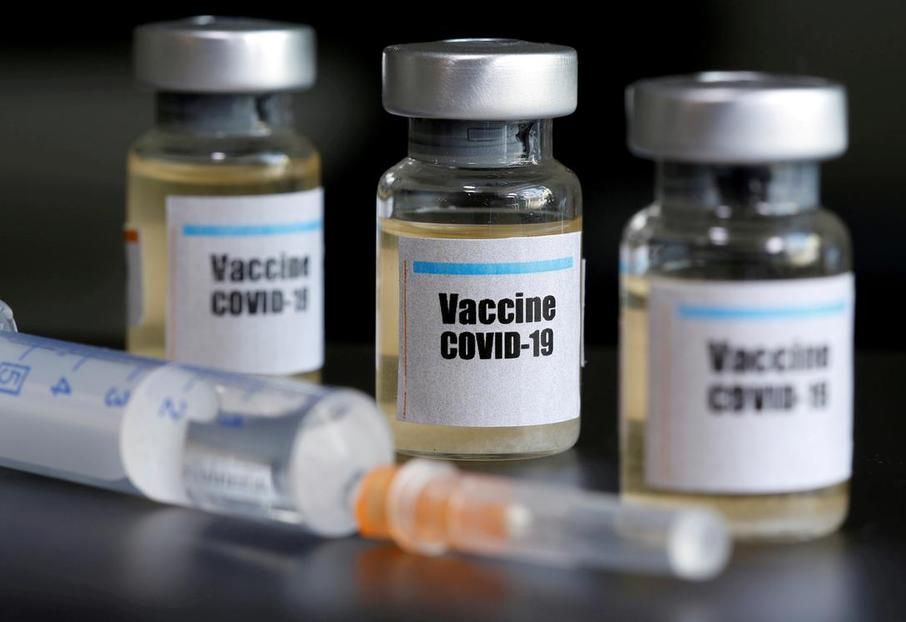
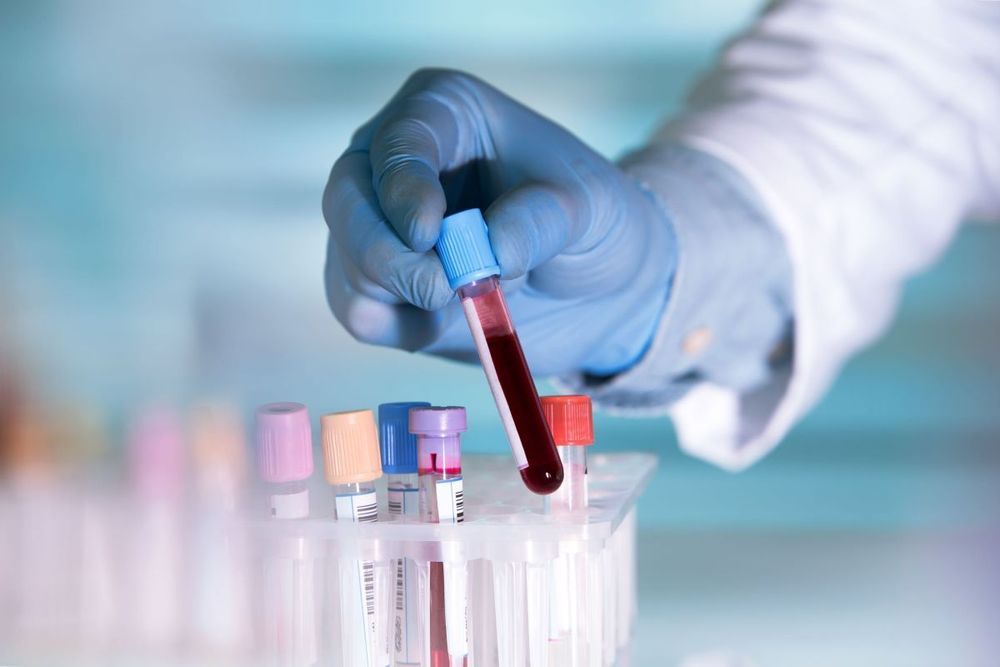
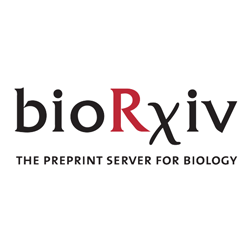 The pandemic COVID-19 has spread to all over the world and greatly threatens safety and health of people. COVID-19 is highly infectious and with high mortality rate. As no effective antiviral treatment is currently available, new drugs are urgently needed. We employed transcriptional analysis to uncover potential antiviral drugs from natural products or FDA approved drugs. We found liquiritin significantly inhibit replication of SARS-CoV-2 in Vero E6 cells with EC50 = 2.39 μM. Mechanistically, we found liquiritin exerts anti-viral function by mimicking type I interferon. Upregulated genes induced by liquiritin are enriched in GO categories including type I interferon signaling pathway, negative regulation of viral genome replication and etc. In toxicity experiment, no death was observed when treated at dose of 300 mg/kg for a week in ICR mice. All the organ indexes but liver and serum biochemical indexes were normal after treatment. Liquiritin is abundant in licorice tablet (~0.2% by mass), a traditional Chinese medicine. Together, we recommend liquiritin as a competitive candidate for treating COVID-19. We also expect liquiritin to have a broad and potent antiviral function to other viral pathogens, like HBV, HIV and etc.
The pandemic COVID-19 has spread to all over the world and greatly threatens safety and health of people. COVID-19 is highly infectious and with high mortality rate. As no effective antiviral treatment is currently available, new drugs are urgently needed. We employed transcriptional analysis to uncover potential antiviral drugs from natural products or FDA approved drugs. We found liquiritin significantly inhibit replication of SARS-CoV-2 in Vero E6 cells with EC50 = 2.39 μM. Mechanistically, we found liquiritin exerts anti-viral function by mimicking type I interferon. Upregulated genes induced by liquiritin are enriched in GO categories including type I interferon signaling pathway, negative regulation of viral genome replication and etc. In toxicity experiment, no death was observed when treated at dose of 300 mg/kg for a week in ICR mice. All the organ indexes but liver and serum biochemical indexes were normal after treatment. Liquiritin is abundant in licorice tablet (~0.2% by mass), a traditional Chinese medicine. Together, we recommend liquiritin as a competitive candidate for treating COVID-19. We also expect liquiritin to have a broad and potent antiviral function to other viral pathogens, like HBV, HIV and etc.